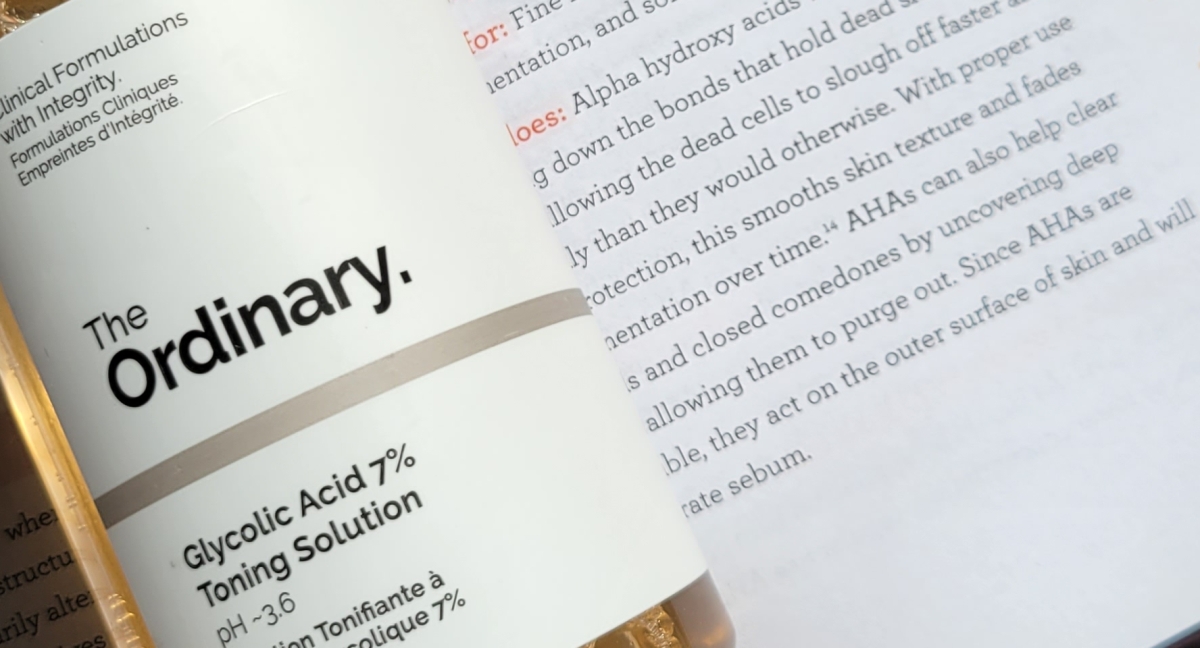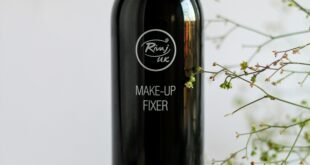9/30/2022 note: This article originally appeared on the now-defunct Kalista Edit. At some point I wasn’t aware of, both the site and my article vanished. I’ve edited this lightly and am republishing it here because, well, I wrote it, and there will always be someone who could use it.
Want free skincare advice?
If you do, you exist in the right time. You’re also in the right place: the Internet. Today’s Internet, where skincare enthusiasts, content creators, and sometimes even fully trained, highly qualified, and actively practicing estheticians and dermatologists give advice on every social media platform. There’s pretty much always someone answering some skincare question somewhere online at all times. Sometimes, that someone is a person whose recommendations you trust!
The instant access can be intoxicating. No saving up for facials or consultations. No waiting in line at a cosmetics counter. No appointment needed. You can drop your question in a comments section or send it as a DM the second it comes to mind. No limit, either. You can ask as many questions as many times as you want. In most cases, there’s no cost to you beyond your Internet or cell phone data bill.
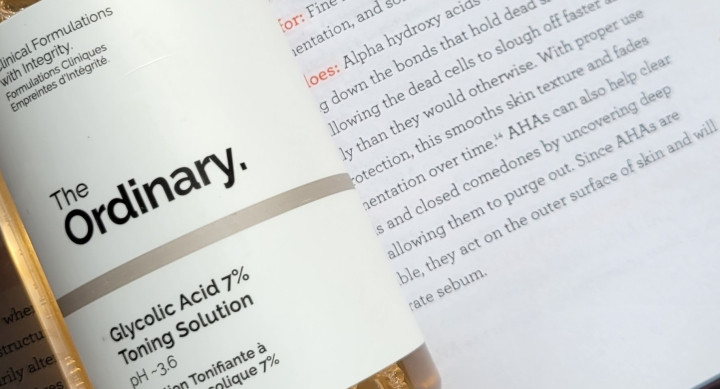
Thing is, just because you can, doesn’t mean you should.
If you want free skincare advice that’s actually helpful—and if you want to maximize your chances that the person you asked will actually answer you—consider your question carefully before hitting submit. Here are some types of questions to avoid if you want genuinely helpful answers.
I’ve spent over half a decade now writing about skincare and participating in the skincare and Asian beauty communities. I’ve watched these communities grow from small Internet niches into huge and thriving ecosystems, capable of making and breaking brands. From the beginning, those of us who answer questions have had some common pet peeves. A lot of those pet peeves boil down to unrealistic expectations. Like the expectation that we can speak on products we’ve never even touched.
There’s a perception, especially among skincare newbies, that content creators are all-knowing, constantly updated databases of skincare knowledge. We get questions about products we’ve never heard of. We get questions about skincare for skin types and skin concerns we don’t have. People sometimes seem to expect that we can glance at an ingredients list and tell them right away whether the product will work for them and whether it will break them out. These unrealistic expectations lead to frustration for both the content creator and the person asking the question.
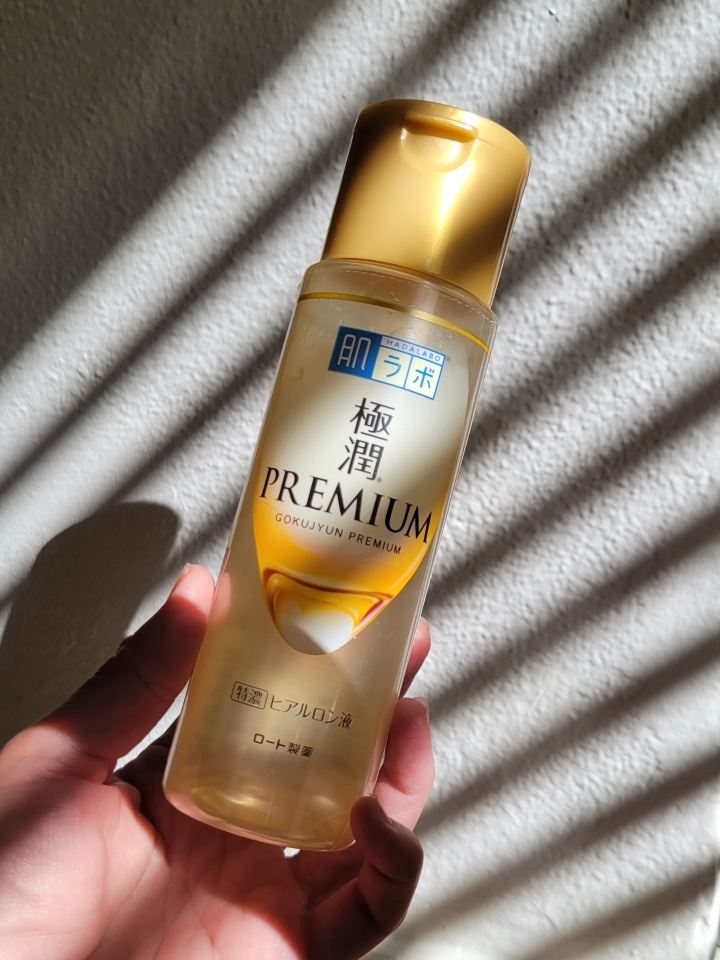
In the first place, an ingredients list doesn’t tell anything close to the full story about a product. It can sometimes tell you what kind of product it is or what kind of consistency the product will have, but it can’t tell you if you’ll like the product. It can tell you if the product contains ingredients that have been researched for your skin concerns, but it can’t tell you whether it will address those concerns effectively. It can tell you if a product contains ingredients that you already know you’re sensitive to, but it can’t tell you if it contains ingredients that you’re sensitive to but haven’t had the misfortune of encountering yet.
A product with an amazing-looking INCI list might turn out mediocre for your skin (or worse). A product with a very basic-looking formulation on paper might be the holy grail your face needs. If a creator hasn’t actually used the product themselves, they’re not going to know just from the label whether it would be great for them, let alone for you, a stranger with totally different skin. And the label and ingredients are all anyone has to go on when asked to evaluate an unfamiliar product. That’s unless you expect the creator to go look up reviews about the product themselves, which…no. We’ll get to that in more detail near the end.
And there will be a lot of products you’re interested in that your favorite creators haven’t tried or heard about. Skincare is a vast and terrifying landscape these days. Brands and products have both proliferated wildly in the last decade, especially in the wake of the K-beauty craze that familiarized beauty consumers all over the world with the concepts of acid toners, hydrating toners, actives, essences, serums, sheet masks, sleeping packs, and half a dozen types of moisturizer.
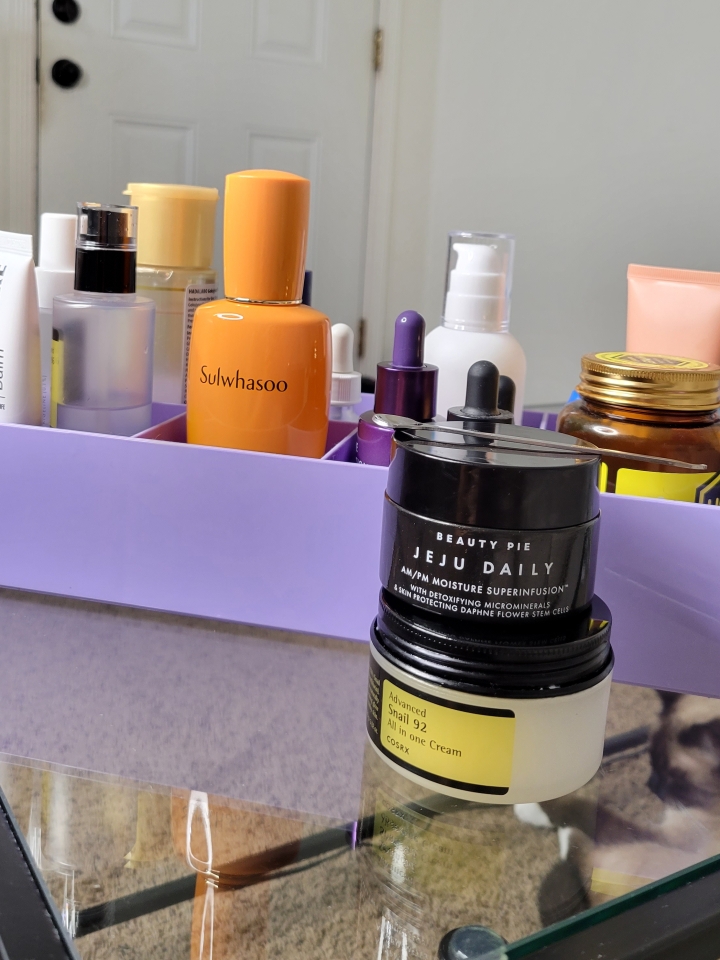
There is absolutely no way on earth for any single person, no matter how many followers they have, no matter how many credentials they display, to be familiar with every possible product that someone might ask them about.
If you’re not sure whether a creator has used a product you want to ask their opinion about, ask away. But be aware that they may not know that product. And if they haven’t used it but try to give you an answer anyway, keep in mind that opinions about products they haven’t touched should be taken with a grain of salt, no matter who’s giving the opinion. I’m counting myself in this too! It’s not about the integrity of the person you’re asking. They may have only the best intentions when opining about something they’ve never touched. But they simply can’t know exactly what’s best for your skin. Even dermatologists’ patients often have to go through a period of trial and error with their doctors’ recommendations until they settle on what actually works best for them.
Skincare is very personal. Skin types are only the tip of the iceberg of all the possible variances between people’s skin. Because the concept of skin types has been drilled into our consciousnesses by beauty marketing, however, the first question people ask about a product is often if it’s good for their skin type. The unspoken definition of “good” is usually “guaranteed to do what I need it to without causing any problems.” Or they’ll ask what the “best” product is for their skin type.
Unfortunately, beyond some very basic generalizations, it’s not really possible to say whether any given product will work well for your skin in particular. Acne-prone skin is the best example of this. Some people break out from coconut oil, some from olive oil, others from silicones. Some aren’t troubled by these common triggers at all but break out the second a drop of dairy hits the lips. Meanwhile, some people’s skin responds better to retinoids than acids or the other way around. Snail works great for some people but terribly for others. The list goes on and on.
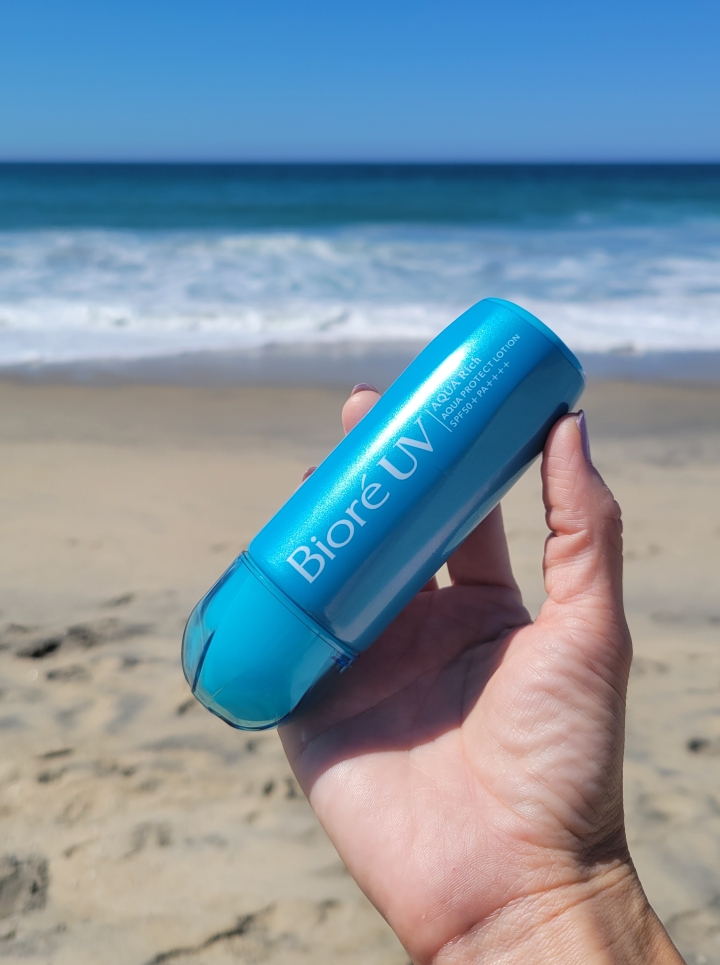
All those variables mean that, despite the claims of a million clickbaity articles, blog posts, and videos, there is no one “best” product in any category, for any concern, or for any skin type. Crowning something the “best” suggests that there’s some objective metric that can be applied to any product. In reality, what’s “best” for some could do absolutely nothing or be a total cystic acne nightmare for others.
Don’t get the wrong idea. It’s not that no one will answer you if you ask them what the best eye cream is for dark circles with a shellfish allergy. Plenty of people will. Sometimes the willingness to answer questions like these comes from overconfidence. Sometimes the willingness to answer comes from a desire to be seen as an expert or to make a sale. In any case, the answers you get may not be the ones you need.
Are the answers you might get (or that you might find in a generalized piece of content) totally pointless? No. You can use them as a jumping-off point, especially if you’re very new to skincare and unsure of what basics to look for. If you have dry skin, it’s likely that most of the “best products for dry skin” recs you’ll find will at least lean heavily on the moisturizing side. Conversely, you’ll see plenty of lightweight or outright mattifying products in “best of” lists for oily skin. But no matter what promises you hear, no “best” label on any product can guarantee that it will be a holy grail for your skin.
Circling back around to something I touched on briefly above: The people to whom you ask your skincare questions, whether they’re fellow skincare enthusiasts, content creators, or licensed professionals, are people. Like all people, they have gaps in their knowledge. No one knows everything about anything, let alone about your skin. Or how much a specific product costs in your specific region (or whether it’s available in your region, or what alternatives you can find in your region or for a lower price or more suited to your skin concerns).
Just as importantly, the people answering the questions are people who, like everyone else, have limited amounts of time and energy to give. Asking a question takes a few seconds of typing. Answering a question thoughtfully and accurately often takes much more labor than that. The person on the other side of the screen has a life of their own. They aren’t a 24/7 automated skincare advice bot to whom you just have to type the right sequence of words in order to receive an answer.
Before asking a question, it’s helpful to take a moment and consider whether that answer might be more easily answered with a Google search (or a search of the creator’s content, if it’s about something they’ve discussed before). That leaves the person on the other side of the question with more time and energy to spend answering the questions that they can be uniquely helpful on, or creating new content to learn from!
If you’re feeling uneasy at this point because you’ve asked questions like the ones I discussed above, please don’t. These types of questions are common for a reason. We’ve all been conditioned by popular media to hold out hope for that one miracle product that is absolutely guaranteed to work, and when we find a content creator we really respect and resonate with, it’s easy to assume that their knowledge is all-encompassing. We’ve all been there. And we’ve definitely all had burning skincare questions that we really needed answered.
Speaking of burning skincare questions, read on here! In the second part of this series, I take some of the most frequently asked problematic skincare questions and give you tips and suggestions on reframing them so that you can get the skincare advice you need!
 fashion rec fashion wanted
fashion rec fashion wanted
